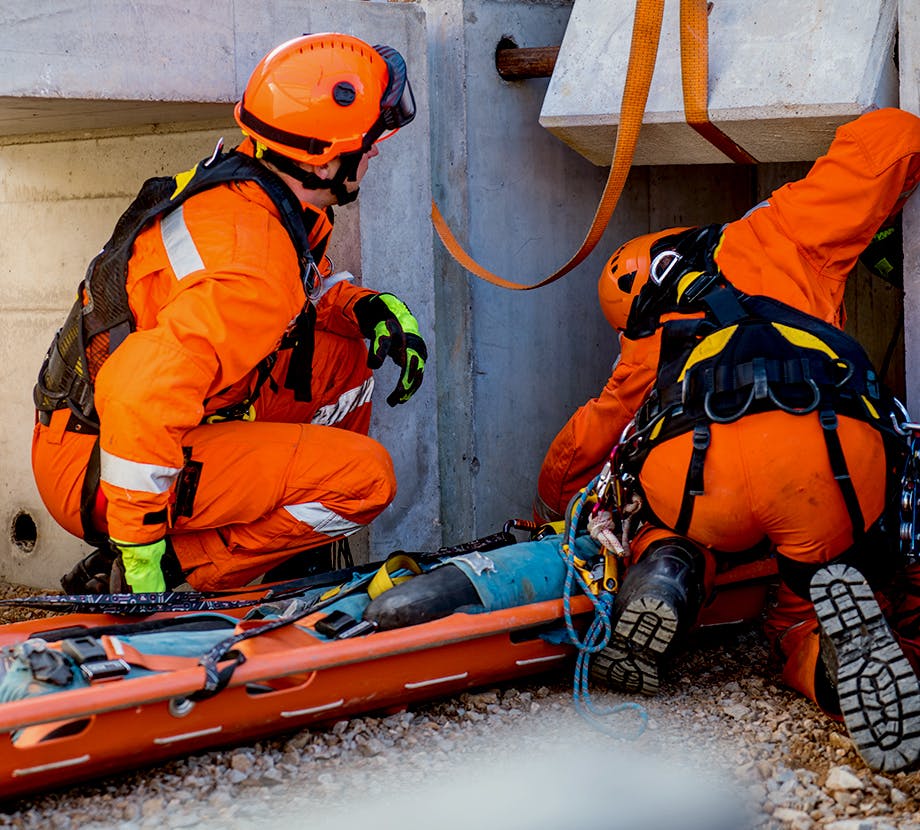Can a pre-existing condition impact my catastrophic injury claim in New York?
Yes. Insurance companies may argue that your injuries were caused by a pre-existing condition rather than the accident. However, under New York law, if an accident exacerbates or aggravates a pre-existing condition, you are still entitled to compensation. Medical records and expert testimony can help prove how the incident worsened your health condition.
Are punitive damages available in catastrophic injury cases in New York?
Punitive damages are not awarded in every case but may be available if the defendant’s actions were particularly reckless, malicious, or grossly negligent. For example, if a company knowingly ignored safety regulations leading to a building collapse, a court may award punitive damages to punish the wrongdoer and deter similar behavior.
Can I file a lawsuit if my catastrophic injury was caused by a government agency?
Yes, but filing a claim against a government entity in New York requires following strict procedures. You typically must file a Notice of Claim within 90 days of the incident. Failure to meet this deadline may bar your right to sue. Cases against government agencies also have different legal standards and shorter statutes of limitations.
What happens if my catastrophic injury prevents me from testifying or handling my case?
If you are unable to participate in your case due to a severe brain injury, paralysis, or coma, a legal guardian, family member, or court-appointed representative can file the claim on your behalf. In some cases, a conservatorship may be necessary to manage legal and financial decisions related to your case.
Can a landlord be held liable for catastrophic injuries caused by a building collapse or fire?
Yes. If a landlord failed to maintain the property, ignored known hazards, or violated New York City building codes, they could be held responsible for injuries resulting from structural failures, fires, or other safety violations. Landlords have a legal duty to ensure that their buildings are structurally sound and safe for tenants and visitors.
Can I sue for future medical expenses and long-term care if I suffered a catastrophic injury?
Yes. In New York, catastrophic injury claims can include compensation for future medical care, rehabilitation, in-home nursing, and assistive devices such as prosthetics or wheelchairs. Economic experts are often used to calculate these long-term costs and ensure victims receive fair compensation.
What if my catastrophic injury was caused by a defective product?
You may have a product liability claim against the manufacturer, distributor, or retailer. If a design flaw, manufacturing defect, or failure to warn about risks led to your injury—such as a defective car airbag failing to deploy properly—you could hold multiple parties accountable. These cases often require engineering experts to analyze the product’s defects.
How does New York’s “Grave Injury” rule affect catastrophic injury claims involving workplace accidents?
Under New York’s Workers’ Compensation Law Section 11, an employer can only be sued for a workplace injury if it qualifies as a grave injury—such as total blindness, amputation, or severe brain damage. Otherwise, employees are generally limited to workers’ compensation claims unless a third party such as a subcontractor or equipment manufacturer contributed to the injury.
Can family members recover damages in a catastrophic injury case if the victim is permanently incapacitated?
Yes. Family members may seek compensation for loss of consortium, which refers to loss of companionship and support, and economic damages if they must become caregivers for a catastrophically injured loved one. If the victim cannot pursue the case themselves, a guardian or personal representative can file on their behalf.
Does New York have any special rules for traumatic brain injury lawsuits?
New York does not have separate statutes specifically for traumatic brain injury claims, but courts recognize that brain injuries often have delayed symptoms and long-term consequences. As a result, courts may allow expert testimony from neurologists, neuropsychologists, and cognitive specialists to establish the full impact of the injury, even if some effects are not immediately apparent.
How can social media affect my catastrophic injury claim?
Insurance companies and defense attorneys often monitor social media accounts for evidence to discredit your claim. Even a seemingly innocent post—such as a picture of you attending a family event—could be used to argue that your injuries are not as severe as you claim. It’s best to limit social media use during your case.



